EAEU: Amended procedure for registration conformity declarations
As of 22 January 2023 manufacturers and importers registering or renewing declarations of conformity of products with EAEU technical regulations have to follow the revised registration procedure.
According to the amendment it is now mandatory to indicate the following in the registration application:
- storage conditions and durability period for the product in question;
- service period of the product in the declaration.















